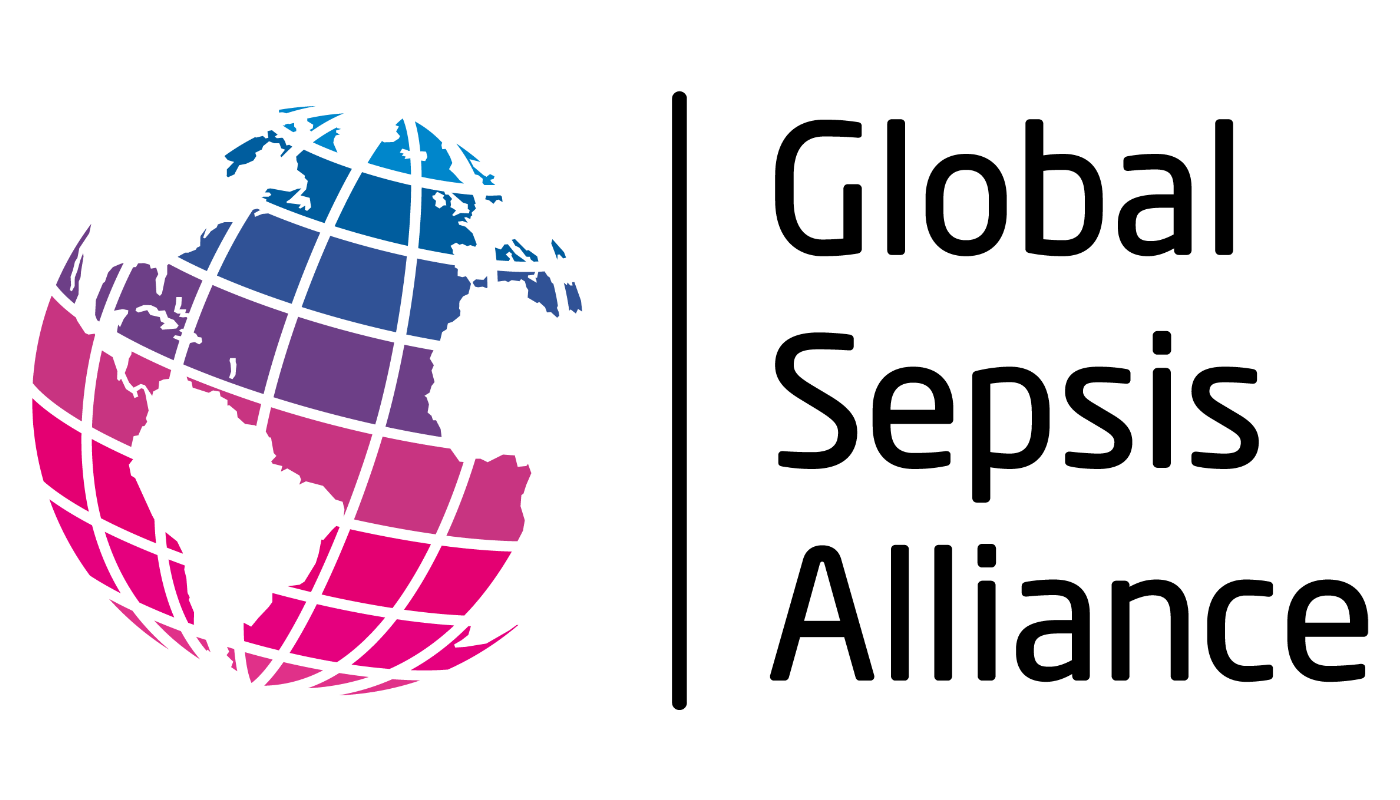The Eastern Mediterranean Sepsis Alliance is honoured to share the Special Video Address by Dr. Tedros Adhanom Ghebreyesus, Director-General of the World Health Organization (WHO), recorded for the occasion of World Sepsis Day 2025.
The message was first presented today at the Central Press Conference in Berlin, convened by the Global Sepsis Alliance in partnership with the Virchow Foundation, UNITE Parliamentarians Network for Global Health, Sepsis Stiftung, German Health Alliance, and Swiss Sepsis Program. A full recording of the Press Conference is available here.
The press conference amplified the voices of patients and families affected by Sepsis in Germany and brought together leading global health and sepsis experts from Germany, Georgia, and Switzerland.
We extend our deep gratitude to Dr. Tedros for his personal commitment to the cause and for reaffirming WHO’s forthcoming publication of global guidelines on the prevention and clinical management of Sepsis.
In his address, Dr. Tedros also emphasized WHO’s ongoing work on maternal sepsis, the Acute Care Action Network (ACAN), and the critical importance of aligning responses to antimicrobial resistance (AMR) and sepsis.
On behalf of the Global Sepsis Alliance, CEO Dr. Mariam Jashi and President Prof. Niranjan ‘Tex’ Kissoon express sincere appreciation to WHO Director-General and colleagues for their continued support and partnership - especially since the adoption of the landmark 2017 World Health Assembly Resolution on Sepsis.








































